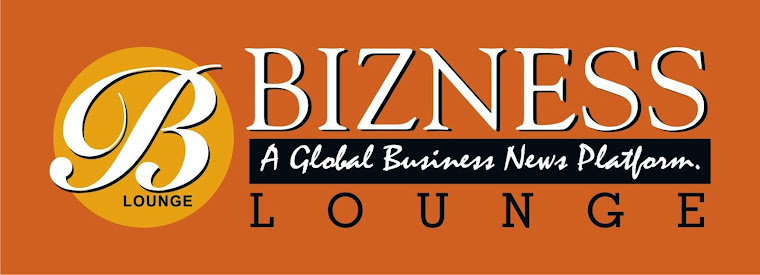Zimbabwe’s government hasn’t been able to supply piped water to much of the southern African nation’s capital, Harare, for most of the past decade. Now it’s taxing private suppliers as it struggles to pay state workers.
The levy on water pumped from boreholes and supplied by tankers to private houses, imposed on Oct. 1, is one of a host of taxes that the government has put in place, ranging from duties on cellphone airtime to increased import duties on cars and motor fuel, to shore up sagging revenue amid slowing economic growth.
“Welcome to Harare where we pay a tax rate for water the city is supposed to supply, but doesn’t, and must pay for our own boreholes or deliveries and be taxed on those instead,” Domore Sebakwe, a resident of the affluent Mount Pleasant suburb, said by phone last week from Harare, a city of 2.1 million people.
In addition to an inadequate water and
power supplies, most roads are riddled with potholes, and few streetlights work. That’s a legacy of the almost decade-long recession that began in 2000, triggered by a botched land reform program that slashed exports of crops such as tobacco, and has reduced the size of the economy by half, according to government estimates. The state is struggling to pay salaries that consume 76 percent of the budget.
“We have to increase revenue collection,” Finance Minister Patrick Chinamasa said by phone yesterday. “You already know that the government wage bill is consuming 70 percent to 80 percent of revenue. We acknowledge that’s not sustainable.”
A levy of $3 has been imposed for every 1,000 liters (264 gallons) of water pumped through boreholes in the capital. The cost of a delivery of 5,000 liters to a house by tanker has risen to $60 from $45.
Dry Pipes
“I haven’t had water from the city for eight years. Their pipes are dry, yet for eight years I’ve paid my rates and in that time I sunk a borehole, bought a storage tank and re-plumbed my house at huge cost, and now I’m being taxed on something the city is supposed to supply,” Sebakwe said.The charge makes the liquid 7.5 times more expensive than water supplied by the city council, according to Kubatana, a coalition of non-governmental organizations based in Harare. The Zimbabwe National Water Authority justified the charges and a ban on deliveries of water to Harare residents from boreholes within the city on a depletion of ground water supplies.
“Excessive abstraction of ground water leads to the lowering of the water table,” the regulator said on its website.
Import Duties
In addition to the water charge, a 25-percent import duty has been imposed on all mobile phones and 5-percent tax on airtime and. Import duties on motor vehicles rose to more than 60 percent, while a tax on motor fuel was increased by 5 cents a liter.The Zimbabwe National Roads Administration this year doubled tolls paid by drivers of cars to use inter-city highways to $2, simultaneously introducing a $10 “road access fee” on travelers entering the country. Trucks are charged $10 at each toll gate.
Economic growth is slowing after President Robert Mugabe, 90, won his fifth term last year, ending a power-sharing government formed after disputed elections five years before. During the coalition, the economy emerged from recession.
Now factories are shutting down and consumer spending has slumped. The IMF estimates the economy expanded about 3 percent in 2013 compared with 10.5 percent a year earlier.
“It’s just an attempt to get any money they can because revenue isn’t meeting more than very basic needs,” said John Robertson, an independent economist in Harare. “Government is desperate for money.”

No comments:
Post a Comment